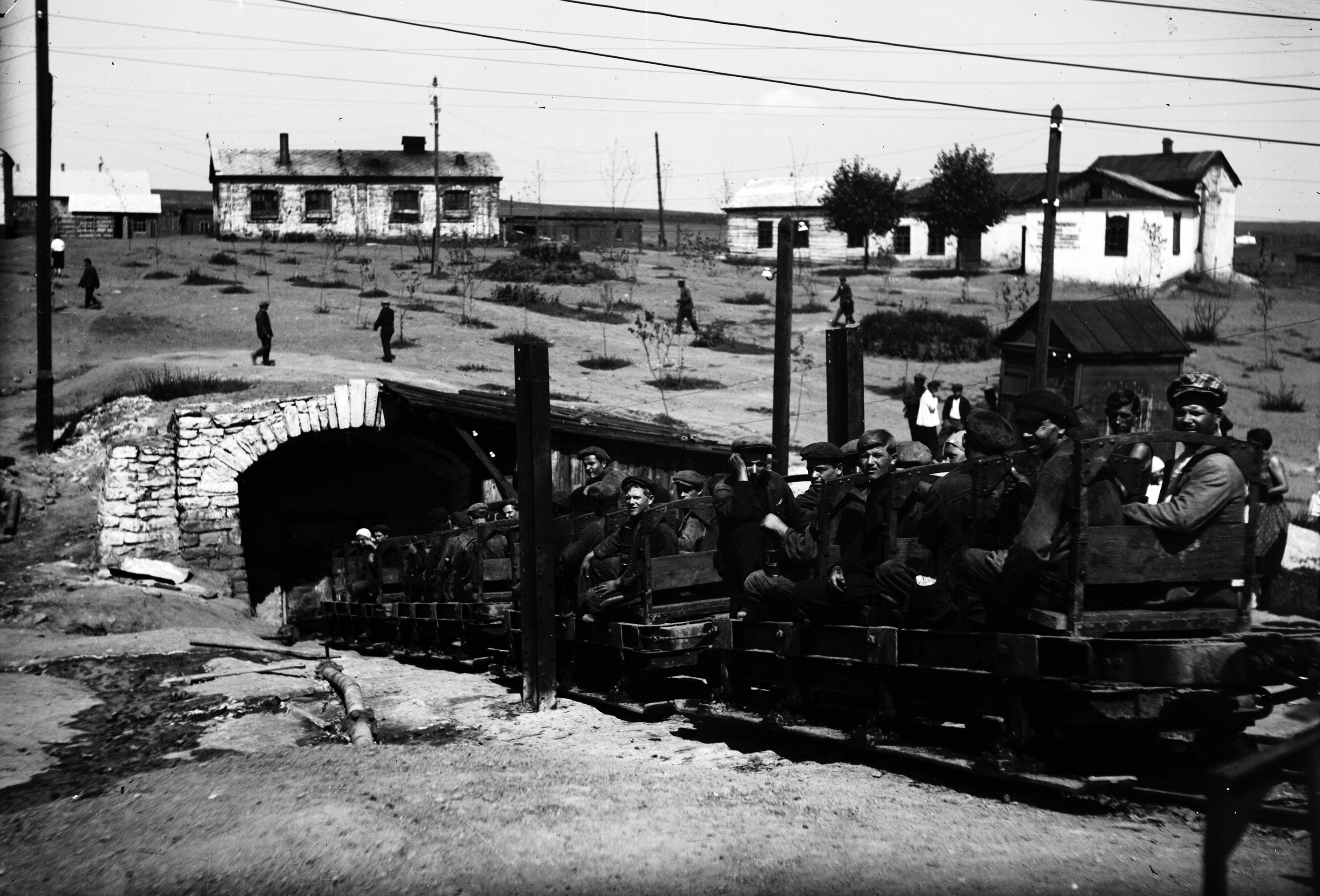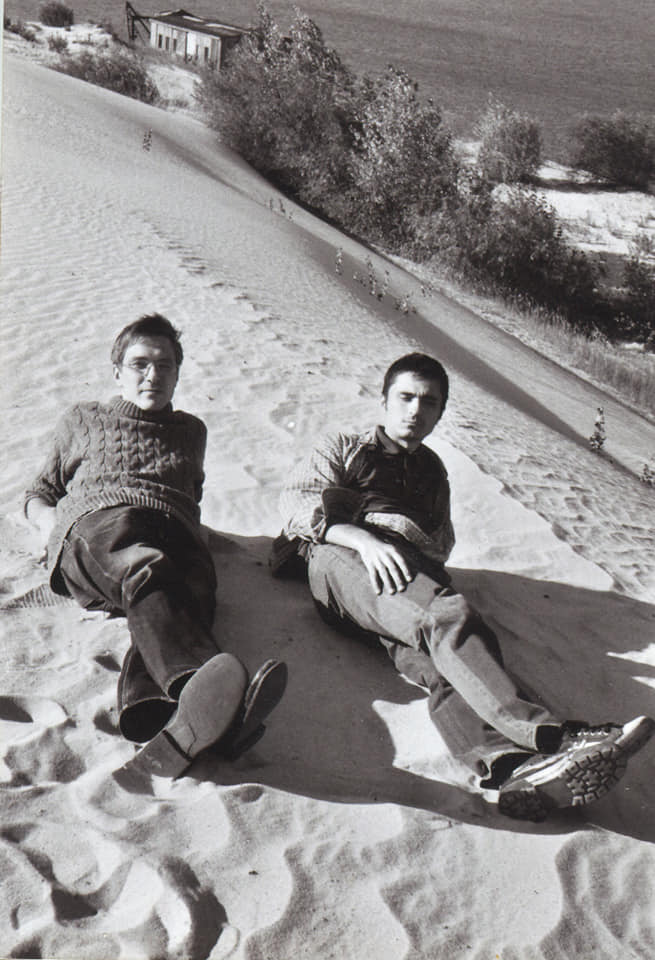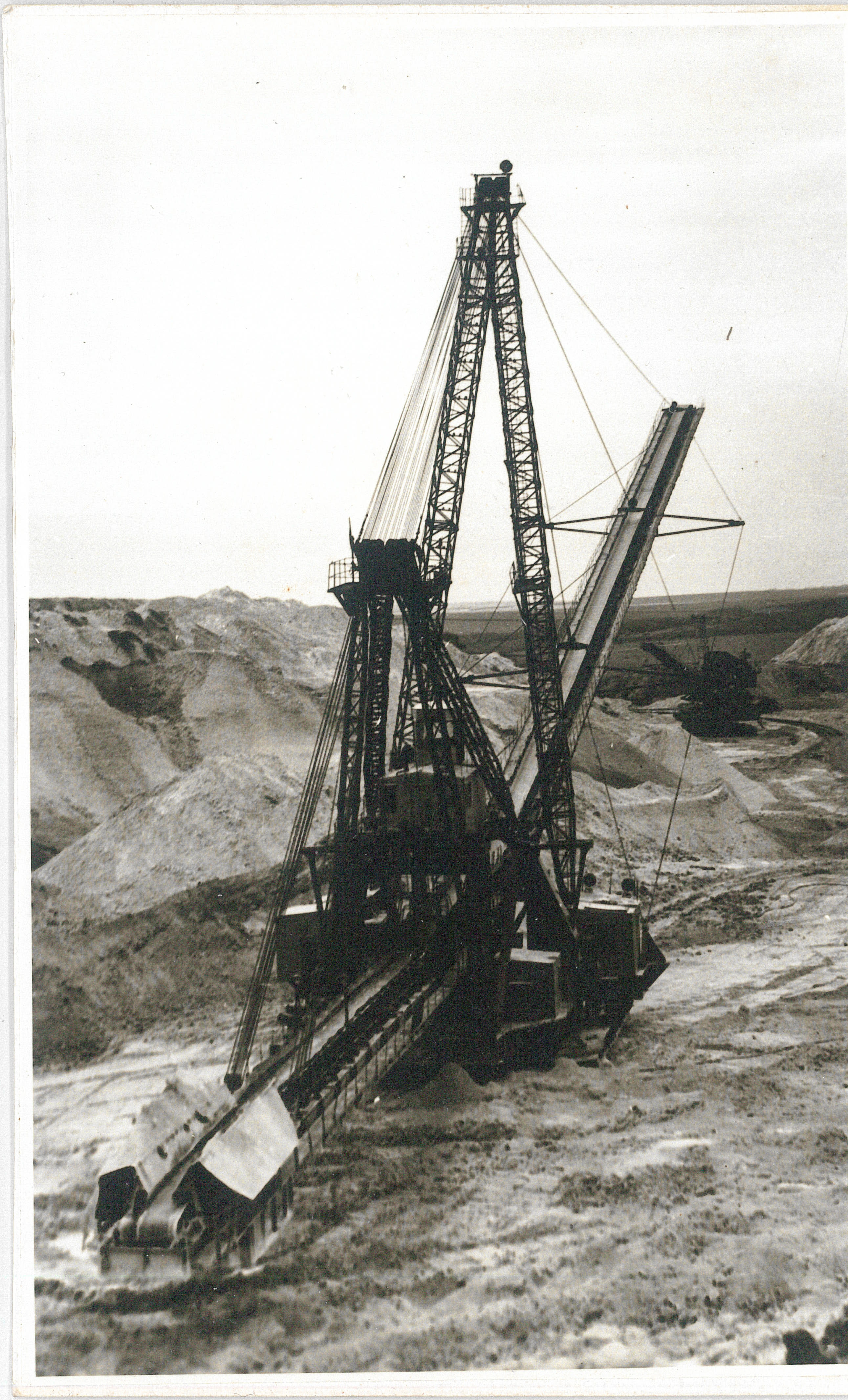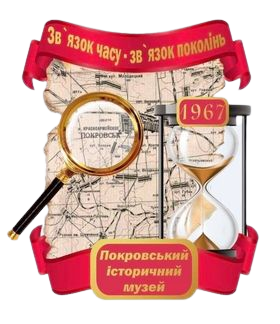Photography can show the conquest of space not only in a horizontal but also in a vertical sense. Photographs of Donbas have often featured mines, miners, work underground, slag heaps, and headframes on the ground. These images glorified the dangerous and largely unseen work that transformed the “belly of the earth” forever through the extraction of fossil fuels. These images also highlight the solidarity between workers that was so important in the extreme conditions that characterized work underground.

Descending into the mine, Stalino town, 1934. Source: CSFPPA
In addition to mining, there was another common method of extraction: quarries. These appear less frequently in the photography of the region. Work in the quarries was not as dangerous but was no less harmful for the environment. Quarries compromised the landscape and damaged the ecosystem. Sometimes, for example near the town of Chasiv Yar, quarries “consumed the territory” of nearby settlements. Recultivation cannot fully undo this damage. It may also be the case that recultivation entails serious risk, as the soil may remain unstable and produce subsidence and sink holes.

Leisure at the Blue Lakes, late 1990s. Source: private archive of Kost Bialik
Perhaps the best-known sites of this sort in Ukraine are the Blue Lakes that emerged in the 1960s after the sand extraction in quarries near Lyman. The lakes are located in a picturesque forest, which is why the place gradually became a recreational area and tourist attraction. However, the negative environmental impact remains. One of the quarries continues to operate successfully in Lyman. The quarries have become part of the region’s cultural heritage but at the cost of other values. Since the early 2000s, archeologists have visited the sites to rescue valuable historical objects from the mounds near Druzhkivka, where a large-scale clay extracting company VESCO (Veselovsky Quarry Company) still operates.

Clay extraction at Veselovsky quarry, 1970-80s. Source: private archive of Anna Pylypiuk and Volodymyr Shypotilnikov




